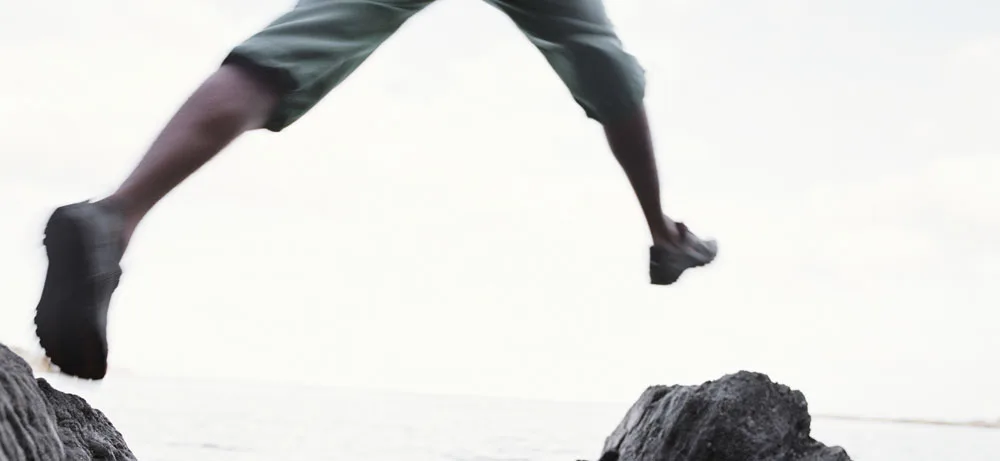
DOSOMETHING
By Bill Brady
Some time ago I sat in a meeting with Mark Sunday, the long-time CIO of Oracle Corporation. During the course of the meeting, Mr. Sunday was gracious in answering numerous questions from the group with thoughtful, heartfelt answers, one of which stood out above the rest.
When asked, “What is the greatest lesson you have learned in business?” Mark replied with something I will never forget: “Do something. It is almost always possible to recover from a mistake you’ve made, but it’s nearly impossible to recover from a missed opportunity.”
That advice resonated with me, as I have spent my career proclaiming President Truman’s mantra of, “Imperfect action always beats perfect inaction” to colleagues and employees in every size of organization I have worked in.
The call to action takes many forms… From Benjamin Franklin: “Well done is better than well said.” From Cheryl Sandberg: “Done is better than perfect.” And from my father’s nuggets of wisdom picked up through a lifetime of growth: “It’s impossible to steer a parked car.”
It’s a law of physics that action begets reaction, and from the reactions we experience when we “do something” we learn and improve. The process of kaizen, or continuous improvement, that catapulted Toyota from a small Japanese car company into a globally dominant automotive brand is rooted in an understanding that nothing is perfect to begin with. Rather, we only make things better through a neverending cycle of implementation, measurement, and new implementation. This process is true for products, services, and even people.

What causes us to stall, hesitate, or shy away from action? For most people, that tendency is born of fear. Particularly in work cultures where mistakes are treated with resentment and reprisals, taking action comes with massive risk and easily becomes subordinate to endless talking, researching, and planning—a rut commonly referred to as analysis paralysis.
But sometimes the fear is not born of the work culture itself, but rather is inherent in individuals. Toxic perfectionism—spurred more than ever by having our lives on display in social media—inhibits many talented individuals from doing their best work because they are afraid of making mistakes or shattering the feigned appearance of perfection in their professional or personal lives.
Perhaps Theodore Roosevelt stated the imperative to “do something” most boldly and eloquently in his “Citizenship in a Republic Speech” in 1910, an excerpt of which adorns a wall in my office:
“It is not the critic who counts; not the man who points out how the strong man stumbles, or where the doer of deeds could have done them better. The credit belongs to the man who is actually in the arena, whose face is marred by dust and sweat and blood; who strives valiantly; who errs, who comes short again and again—because there is no effort without error and shortcoming; but who does actually strive to do the deeds; who knows great enthusiasms, the great devotions; who spends himself in a worthy cause; who at the best knows in the end the triumph of high achievement, and who at the worst, if he fails, at least failswhile daring greatly, so that his place shall never be with those cold and timid souls who neither know victory nor defeat.”
If you are a leader or manager of any kind, instill courage to dare greatly in your employees by celebrating initiative, by creating a safe environment in which they can experiment, and by optimistically recognizing the value of lessons learned when things do not go as planned. Doing so is vital to your team’s investment in your mission and to the energy, creativity, positive attitude, and innovation they bring to work every day.
Of course, these same principles apply even if the only person you are managing is yourself. Grant yourself the grace to try, learn, and improve without the soul-crushing fear of not getting it right the first time. After all, nothing worth building was ever built without some—or many—mistakes along the way.
